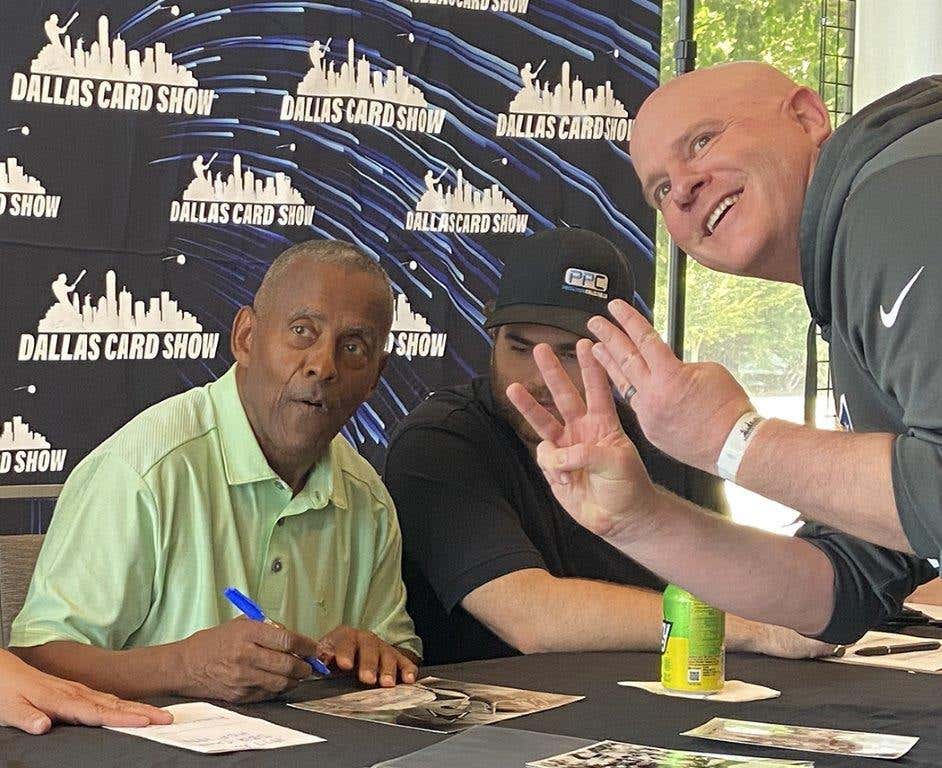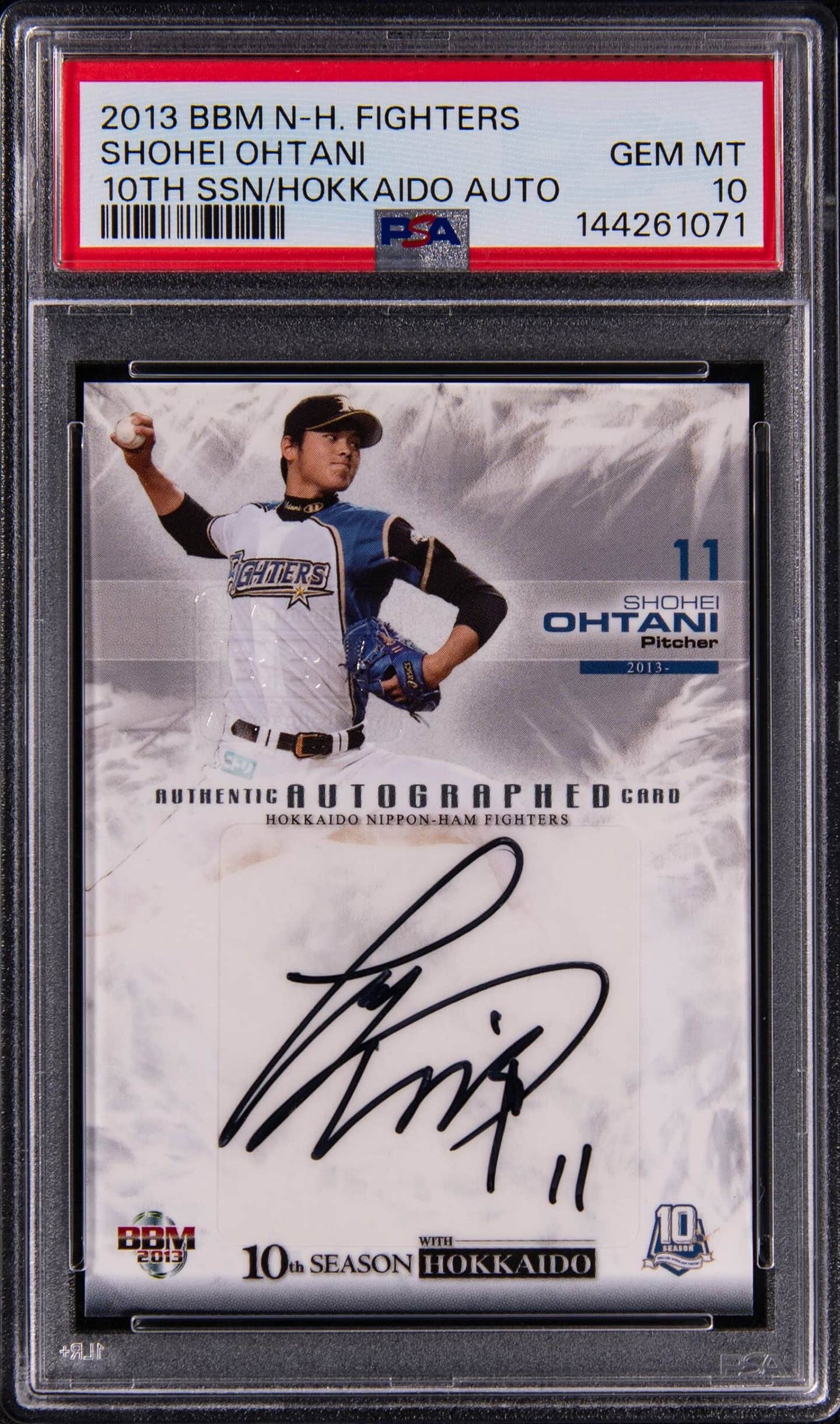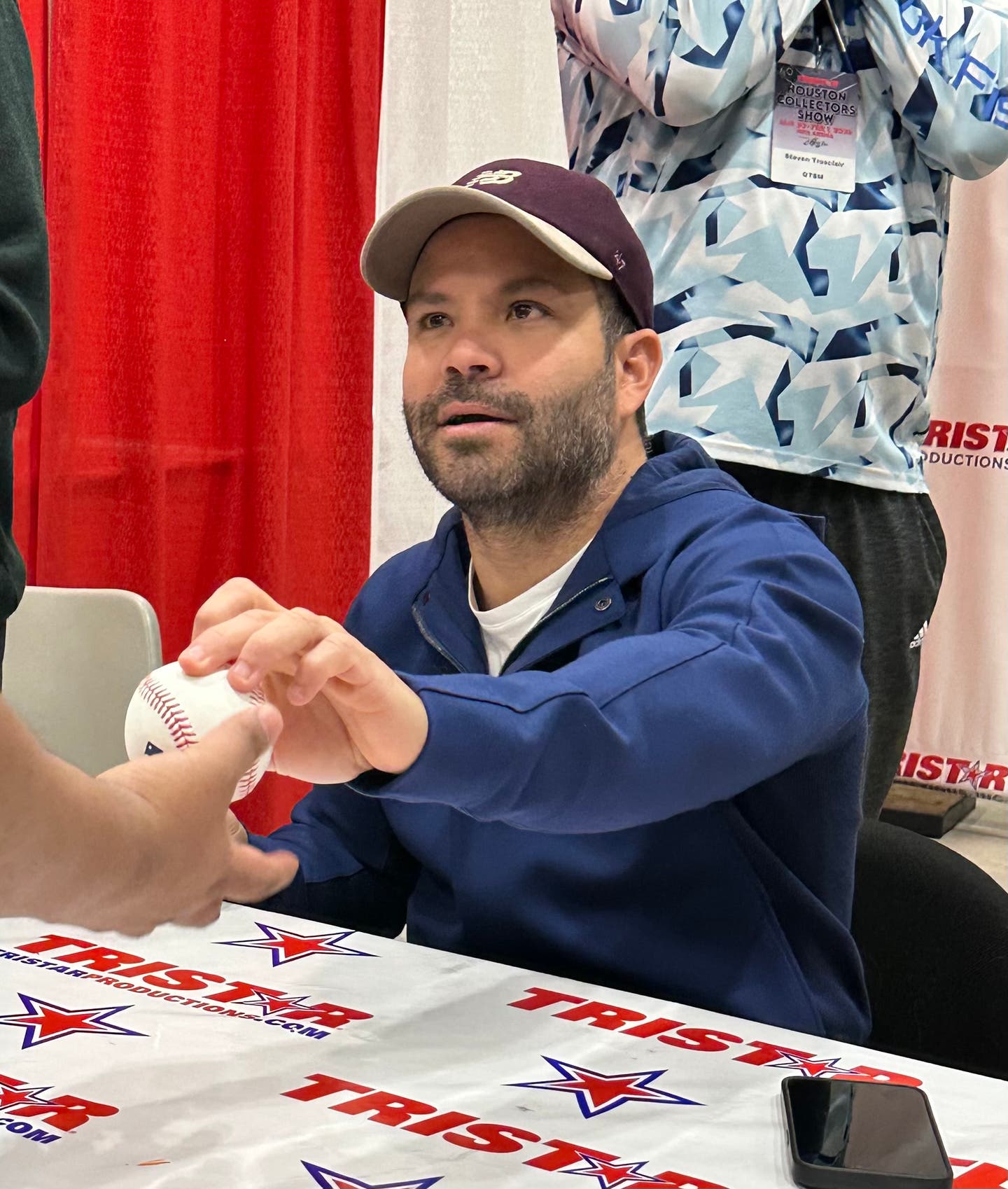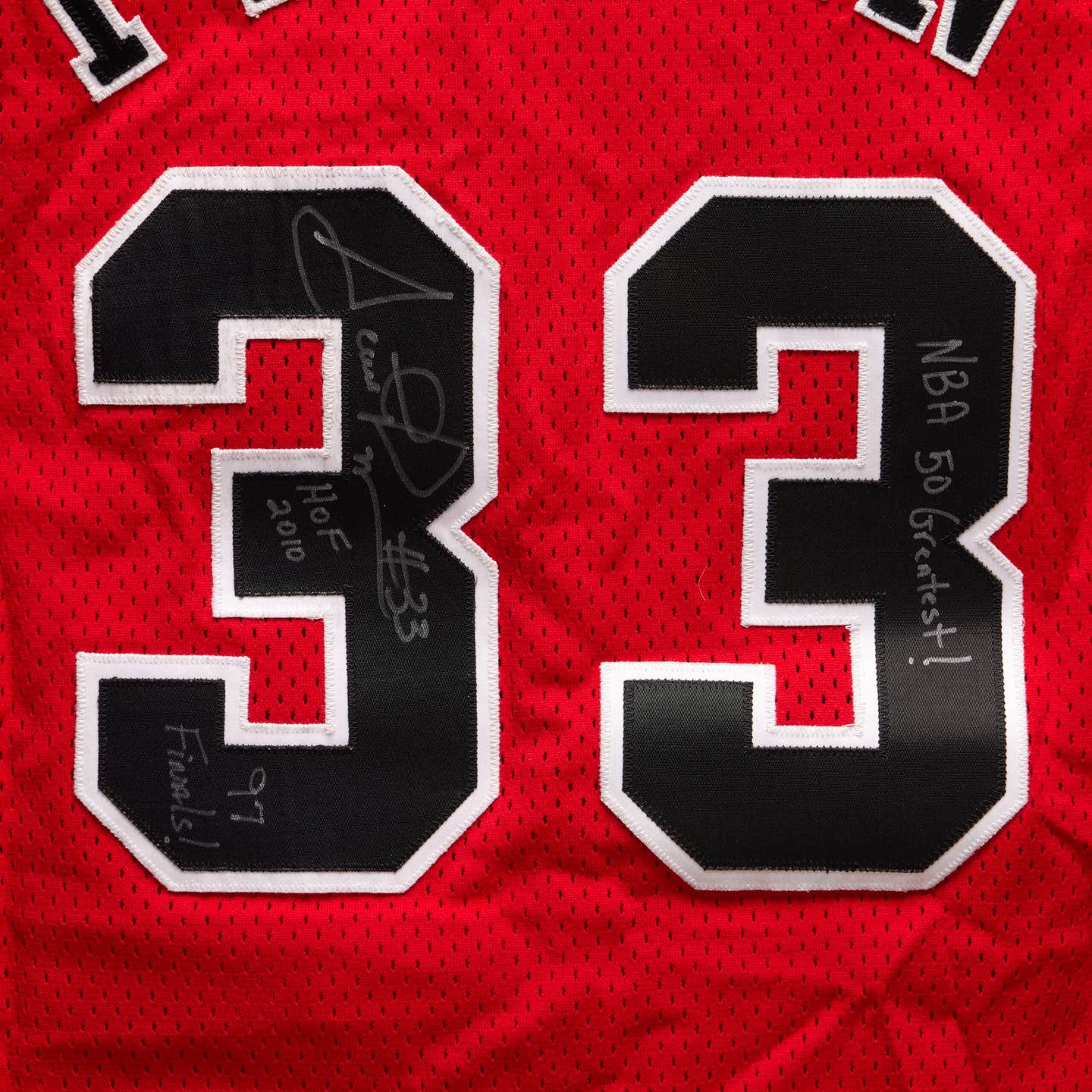Topps announced this morning that its board of directors has accepted a $385.4 million takeover offer from a buyout group headed by Michael Eisner, the former chief executive of The Walt Disney Co.
The deal still faces regulatory approval and a vote by Topps shareholders, but is expected to be closed later this year. The company also said it "intends to solicit superior proposals from third parties during the next 40 days."
The buyout group, which includes The Tornante Co. LLC, founded by Eisner, and the Chicago-based private quity firm Madison Dearborn Partners LLC, has agreed to pay $9.75 for each Topps shares, which represents a premium of 9.4 percent over the stock's Monday closing pricing of $8.91 on the Nasdaq Stock Exchange.
"This will be a change in ownership, not a change in direction," Topps chairman and CEO Arthur Shorin said in a statement. The sale would mark the end of nearly 70 years of Shorin family involvement in the company.
Topps was founded as a chewing gum company in 1938 by Abram, Ira, Philip and Joseph Shorin. Arthur Shorin, 71, is the son of Joseph Shorin.
Topps became a public company in 1972 but returned to private ownership when it was acquired in a leveraged buyout led by Forstmann Little & Company in 1984. The Shorins maintained control of the company in that deal, however. Topps went public again in 1987.
There had been speculation for the past couple of years that Topps might be for sale, but it had been widely believed that the company's candy division would be the best candidate for a sale. It was expected most suitors for the candy division would not have wanted to acquire the sports card division.
The deal ends two years of wrangling over the direction of the company, a debate that was ignited by a group called Pembridge Capital Management. In 2005, Pembridge attempted to start a proxy battle for control of the company, but backed off when Topps agreed to hire Lehman Brothers to explore the sale of its candy division. Later in 2005, Topps announced it was no longer actively looking to sell its candy unit because it had not received any suitable offers.
That move angered the Pembridge executives, and they resumed their proxy battle efforts. Those efforts appeared to be coming to a head last July, when Pembridge proposed three nominees to the Topps board, criticizing the company's current management and claiming Topps had not done enough to maximize the value of the company. Just hours before the company's annual shareholders meeting, the two sides reached a compromise: Topps agreed to let three Pembridge executives have seats on the company's board of directors, but Shorin retained his place on the board, and the board expanded from nine seats to 10 - a move that mitigated some of Pembridge's possible influence.
Interestingly, those three Pembridge seats all voted against accepting the deal from the Eisner group. Meanwhile, all seven board members selected by Topps voted to accept the offer.
As part of the deal, Shorin will retire from an executive position within 60 days after the sale has closed but will remain as a consultant.
None of Topps' licensing agreements with the various sports card licensing bodies automatically transfer to new ownership.
Eisner stepped down in 2005 after more than two decades as chief executive of Disney, the entertainment and media company that owns theme parks, movie studios and the ABC, Disney and ESPN television networks.








